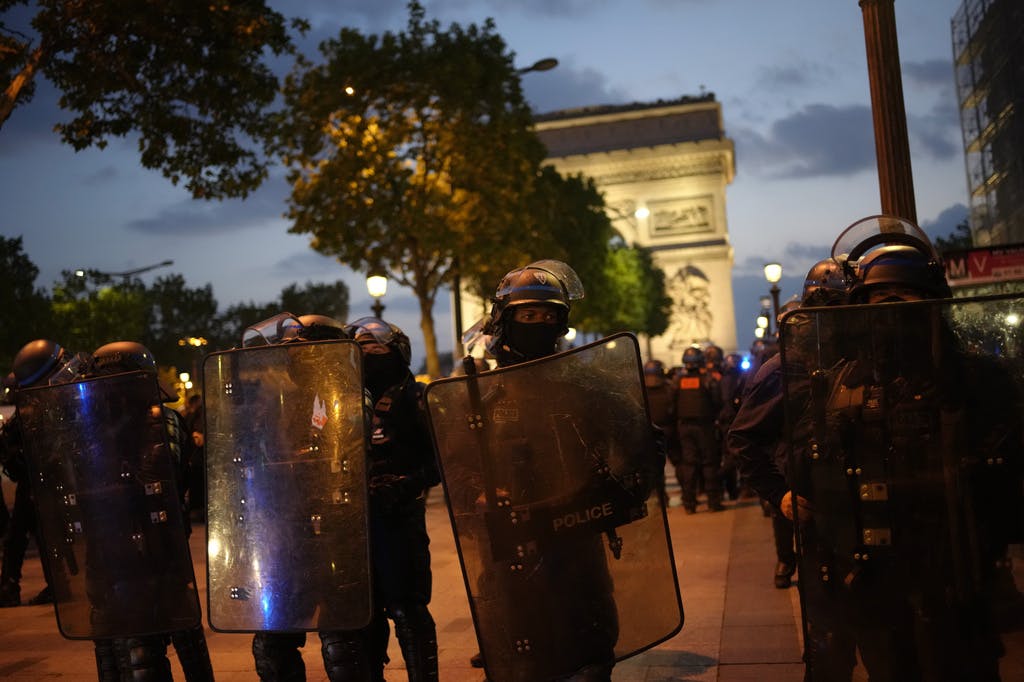
Florida Freeze Prompts Roundup of Cold-Stunned Iguanas as Thousands Fall From Trees
By LUKE FUNK
|‘Right now we’re at the bottom of a cliff, and we need to be extremely tough,’ says Marine Le Pen’s spokesman.

Already have a subscription? Sign in to continue reading
$0.01/day for 60 days
Cancel anytime
By continuing you agree to our Privacy Policy and Terms of Service.

By LUKE FUNK
|
By THE NEW YORK SUN
|
By LAWRENCE KUDLOW
|
By THE NEW YORK SUN
|
By BENNY AVNI
|
By SHARON KEHNEMUI
|
By BRADLEY CORTRIGHT
|
By MARIO NAVES
|